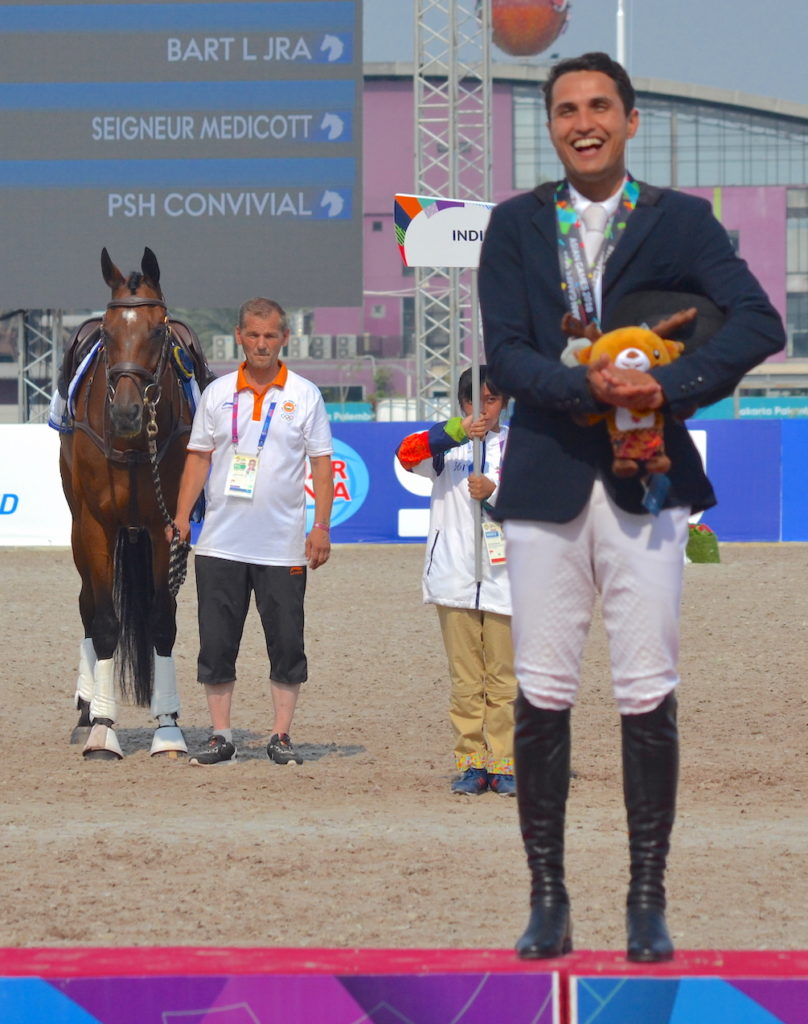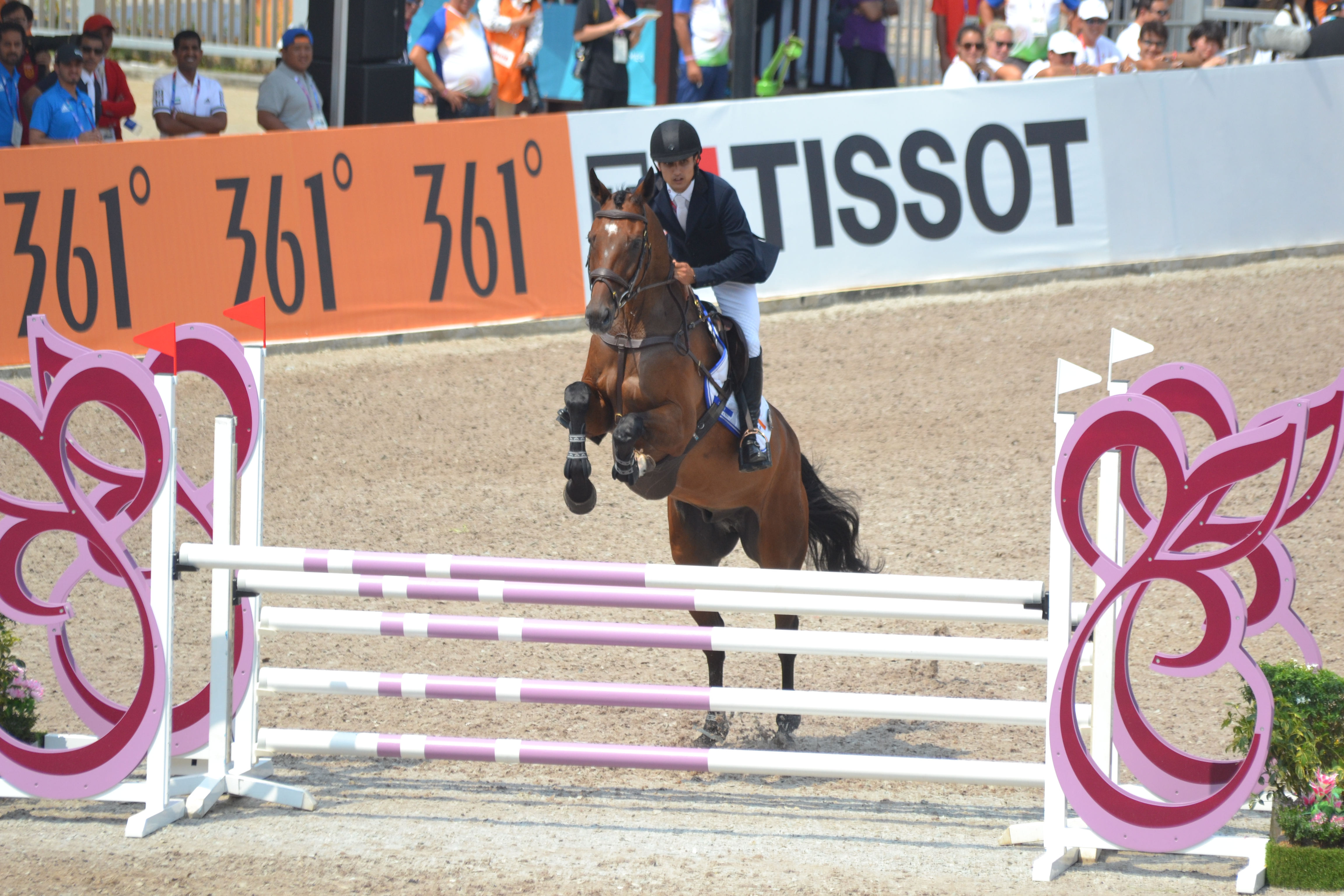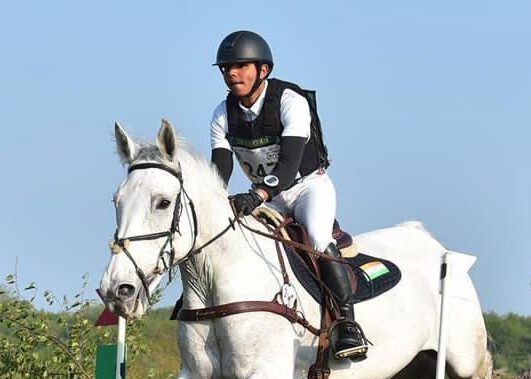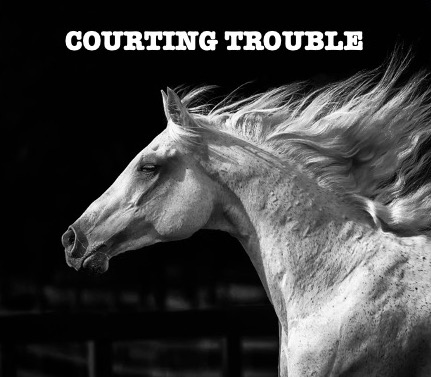Equestrian Federation of India (EFI), finding itself locked in a court battle with several State Associations, has resorted to a whisper campaign, accusing them of being fake and fictitious bodies. EFI officials do not realise that they will not have a reasonable answer to a simple question: If the State Associations indeed existed only on paper, why was their membership not terminated?
Word from Shastri Bhavan, home of the Ministry of Youth Affairs and Sports, is that EFI officials have managed to convince the decision-makers not to act against the Federation because it runs a sport of ‘peculiar nature’. EFI officials claimed that equestrianism is club-based and that the sport would flounder if the federation’s reins were taken over from Army hands.
It is on record that in a meeting with the Secretary Sports, EFI Vice President (Technical) and Secretary General pleaded that the sport would not survive without the support of the Army. It would have been fair if the Ministry called for a transparent audit of the EFI membership, if not the sport itself, before conveying the impression that it is convinced to let status quo prevail.
For some years now, EFI’s own members have questioned the continued presence of Army units not concerned with equestrianism on the electoral college. The National Sports Development Code of India 2011 explicitly bars individuals from being given voting rights in National Sports Federations and for years, EFI has continued to ignore that directive.
One amazing explanation was that since riders were posted in Motor Transport Battalions and Dog Units, they could form clubs within their units and hence could be given EFI membership. A logical extension of that argument could be that any rider could form a club and EFI would be happy to grant membership and voting rights.
In his Order of September 26 this year, Justice Navin Chawla had said that while the EFI elections could proceed as scheduled, the results should not be declared without seeking the approval of the Delhi High Court. He also said he expected the Ministry of Youth Affairs and Sports to make a decision on the representations of the Rajasthan Equestrian Association expeditiously.
Barring not sending an observer to the EFI elections, the Ministry had dragged its feet. EFI, meanwhile, moved an application on November 4 seeking the Court’s permission to declare the results of the elections. Justice Navin Chawla did not grant that relief, deciding that this application would be listed only with the main petition on November 15.
Yet, even as the petition is being heard by the Delhi High Court, EFI has continued to ignore its member State Associations in allotting Regional Equestrian League events on its calendar to clubs. The Equestrian Association of Uttar Pradesh has been up in arms – without evoking any response from EFI bosses – that a private organiser claimed to host the Uttar Pradesh State Championships.
To return to the whisper campaign that EFI officials have started, it would be interesting to hear what they would say when asked if they initiated any action against ‘fake and fictitious State Associations that exist only on paper’. They would be opening themselves to further questions about which of their member units actually does anything for equestrian sport.
At a time when civilian riders are on the ascendancy and investing their own and corporate funds in training and competing abroad, EFI officials cut a sorry figure in not fielding the Indian eventing team at the Olympic qualifiers. With Asian Games silver medallist Fouaad Mirza on top of his game, the chances of India making it to the Olympic Games were high.

Worse came to light when EFI officials told the Minister of Youth Affairs and Sports Kiren Rijiju that they had no plans to send an equestrian team to the Tokyo Olympic Games next year. They just had to visit the International Federation’s website to know that Fouaad Mirza is topping the qualifications and could well clinch an Olympic berth by the end of the year.
Besides, dressage specialist Shruti Vora is making a game bid to get a berth in the Olympic Games and could have done with some expert help in planning her qualification. That she did not compete in any of the qualifying events in October – while JS Ahluwalia rode her mount in an event – could hamper her effort and a more sensitive federation could have been of use to her.
It should surprise no one that a federation that wears what comes across as a could-not-care-less approach as far as its athletes are concerned will ignore the presence of the State Associations or their desire to grow as outfits that administer the sport in their respective regions. Yet, it is truly sad that officials from one of the most disciplined organisations could hanker for power so much.



